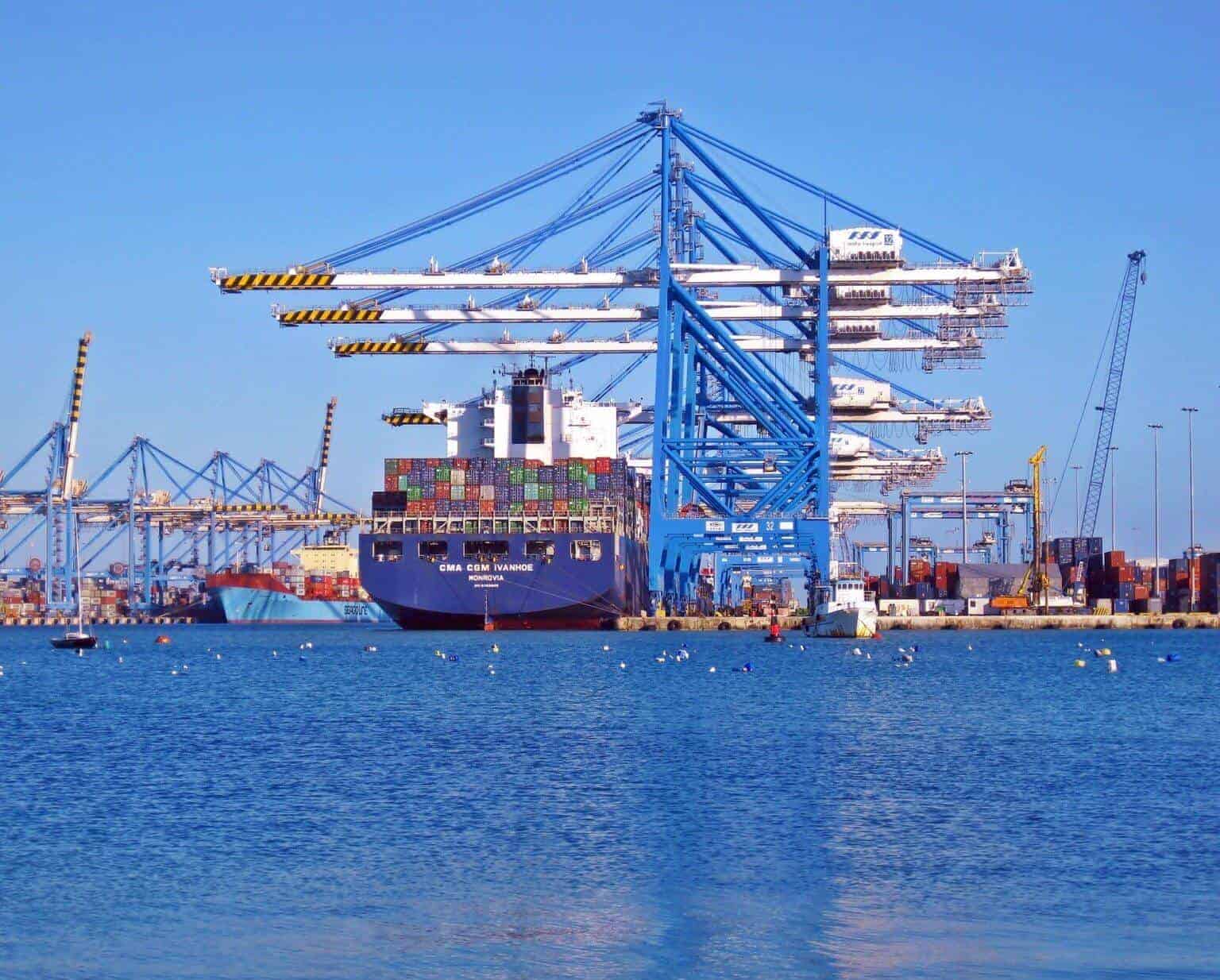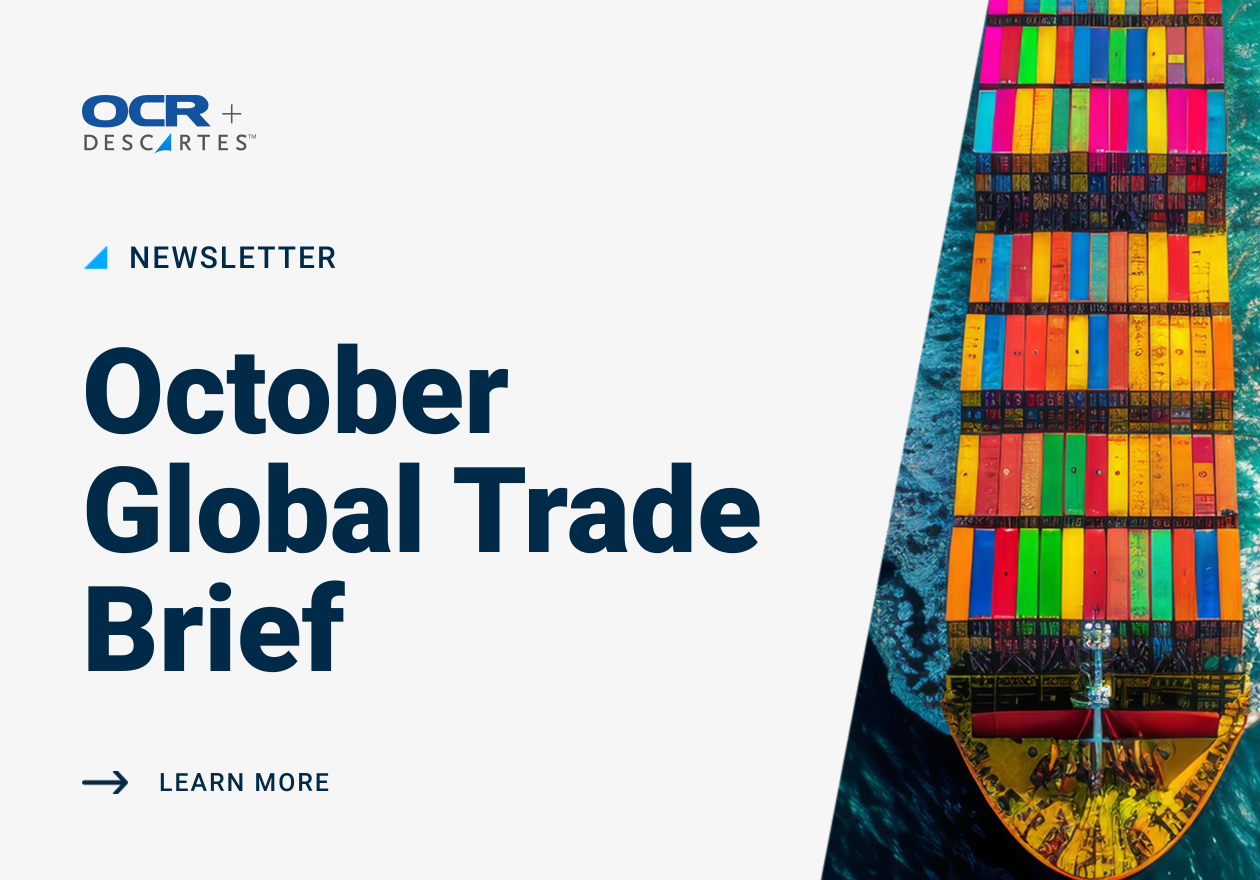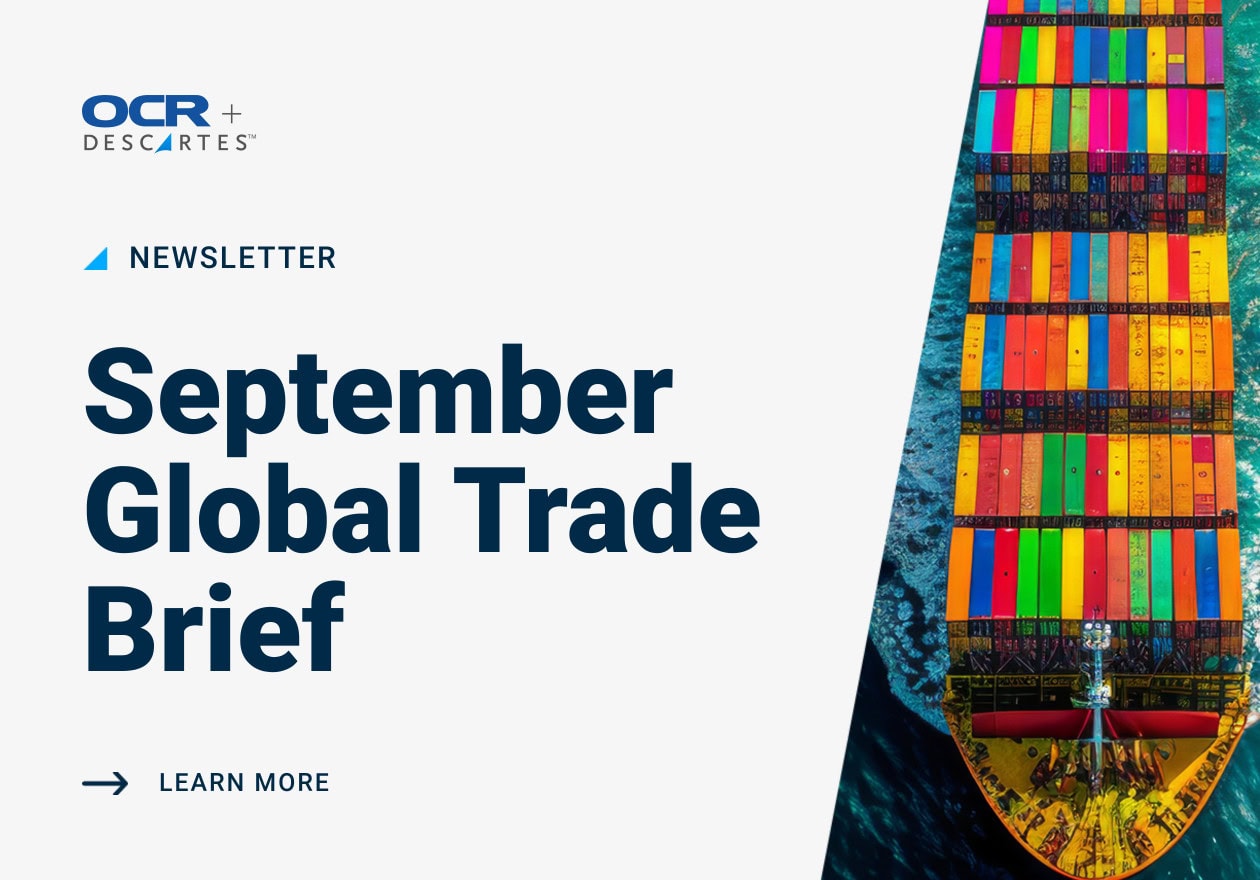Carbon and alloy steel-threaded rod imported from Thailand
ITC determined that a U.S. industry is materially injured by reason of imports of carbon and alloy steel-threaded rod from Thailand that the U.S. Department of Commerce previously determined are sold in the United States at less than fair value. The ITC release states that as a result of the ITC’s affirmative determinations, Commerce will issue an antidumping duty order on imports of this product from Thailand. The ITC also made a negative finding concerning critical circumstances with regard to imports of carbon and alloy steel-threaded rod from Thailand. As a result, imports of carbon and alloy steel-threaded rod from Thailand will not be subject to retroactive antidumping duties
Mattresses imported from China
ITC determined that a U.S. industry is materially injured by reason of imports of mattresses from China that the U.S. Department of Commerce determined are sold in the United States at less than fair value. As noted in the ITC release, because of today’s affirmative determination, Commerce will issue an antidumping duty order on imports of this product from China.
The ITC also made a “negative finding” concerning critical circumstances with regard to imports of mattresses from China. Thus, mattresses imported from China will not be subject to retroactive antidumping duties.
ALUMINUM WIRE AND CABLE FROM CHINA
ITC determined that a U.S. industry is materially injured by reason of imports of aluminum wire and cable from China that the U.S. Department of Commerce determined are sold in the United States at less than fair value. As noted in the ITC release, because of today’s affirmative determination, Commerce will issue an antidumping duty order on imports of aluminum wire and cable from China.
STAINLESS-STEEL KEGS FROM CHINA AND GERMANY
ITC announced the following determinations
- The establishment of a U.S. industry is “materially retarded” because of imports of refillable stainless-steel kegs from China and Germany.
- The U.S. Department of Commerce determined that the kegs imported from China and Germany are sold in the United States at less than fair value and that the keg production is subsidized by the government of China. As a result of the ITC’s affirmative determinations, Commerce will issue antidumping duty orders on imports of refillable stainless-steel kegs from China and Germany as well as issue a countervailing duty order on imports of these kegs from China.
- The ITC also made a negative finding concerning critical circumstances with regard to imports of this product from China. As a result, imports of refillable stainless steel kegs from China will not be subject to retroactive antidumping and countervailing duties.
FRESH TOMATOES FROM MEXICO
U.S. industry is threatened with material injury because of imports of fresh tomatoes from Mexico. The U.S. Department of Commerce has determined that imports of fresh tomatoes from Mexico are sold in the United States at less than fair value. As a result of the ITC’s affirmative determination, the suspension agreement that Commerce previously entered concerning fresh tomatoes from Mexico will remain in effect.
SOUTH KOREA AND UNITED STATES: MARKET ACCESS FOR AMERICAN RICE
Trump Administration has reached an agreement with the government of South Korea on market access for U.S. rice. Under the agreement, Korea will provide access for 132,304 tons of U.S. rice annually, with an annual value of approximately $110 million. Korea also agreed to important disciplines to ensure transparency and predictability around the tendering and auctioning for U.S. rice.
In 2014, the United States, Australia, China, Thailand, and Vietnam entered into negotiations with Korea when its special treatment for rice market access under the World Trade Organization (WTO) expired. As a result of these negotiations, Korea agreed to include in its WTO Schedule a 408,700-ton tariff-rate quota for rice imports with a five percent in-quota duty and a 513-percent above-quota duty. Of that 408,700 tons, Korea will allocate 388,700 tons of rice into country-specific quotas under a Plurilateral Agreement with the United States, Australia, China, Thailand, and Vietnam.
The remaining 20,000 tons will be administered on a global basis, which U.S. suppliers can also bid for. The agreement gives the United States the greatest volume of guaranteed rice market access in Korea ever with an annual value of approximately $110 million. Additionally, the agreement provides U.S. suppliers with enhanced disciplines related to administration of the U.S. country-specific quota. The agreement will enter into force on January 1, 2020.
ANNUAL GSP REVIEW: RESULTS
- List I, Polyethylene Terephthalate (PET) resin (HTSUS 3907.61.00 and HTSUS 3907.69.00) from Pakistan will continue to enter the United States duty-free.
- List II, fresh-cut orchids (HTSUS 0603.13.00) from Thailand, and bamboo plywood (HTSUS 4412.10.05) and certain tropical hardwood plywood (HTSUS 4412.31.4155 (pre-November 1, 2019) and HTSUS 4412.31.45 (post November 1, 2019)) from Indonesia now enter the United States duty-free, having been redesignated to GSP.
- List III, motor vehicles with diesel engine for 16 or more passengers (HTSUS 8702.10.31) from North Macedonia exceeded the CNLs, and now enters the United States at the NTR duty rate.
- List IV, plastic spectacle lenses (HTSUS 9001.50.00) from Thailand will continue to enter the United States duty-free; a petition for a CNL waiver for stearic acid (HTSUS 3823.11.00) from Indonesia was denied and will be subject to the NTR duty rate.
- List V, one-year de minimis waivers granted to 27 products that exceeded the 50% import-share CNL but for which the aggregate value of all U.S. imports of that article was below the 2018 de minimis level of $24 million. Qualifying products will continue to enter the United States duty-free.
CHINA TO LIFT BAN ON U.S. POULTRY EXPORTS
USTR announced China has decided to lift its ban on poultry imports from the United States. According to the USTR release, China had banned all U.S. poultry since January 2015 because of an avian influenza outbreak in December 2014. The United States exported over $500 million worth of poultry products to China in 2013.
SUDANESE SANCTIONS VIOLATIONS – US COMPANY PAYS $210,000 TO SETTLE
Facts:
Florida company leased three aircraft engines to an entity incorporated in the United Arab Emirates that in turn subleased the engines to a Ukrainian airline that then installed the engines on an aircraft that were subject to a leasing arrangement with an airline in Sudan.
At the time of these transactions, the airline was identified on OFAC’s List of Specially Designated Nationals and Blocked Persons as meeting the definition of “Government of Sudan.”
The lease agreements that the Florida company entered into with the UAE company contained a provision prohibiting the lessee from maintaining, operating, flying, or transferring the engines to any countries subject to United States or United Nations sanctions.
Notwithstanding this clause, the Florida company did not determine the aircraft engines were used in a manner that complied with OFAC’s regulations. For example, at the time, the Florida company did not obtain U.S. law export compliance certificates from lessees and sublessees, nor did it periodically monitor or otherwise verify its lessee’s and sublessee’s adherence to the lease provision requiring compliance with U.S. sanctions laws during the life of the lease. As a result, the Florida company learned of this information when its engines had actually flown only after the engines were returned to it at the end of the lease.
Conclusion:
OFAC announced that a Florida company has agreed to pay approximately $210,000 to settle its potential civil liability for 12 apparent violations of the Sudanese sanctions regulations.
CORTAN CORPORATION PAYS 136,000 IN CIVIL LIABILITIES FOR EAR VIOLATIONS
Facts:
On ten occasions between on or about May 28, 2011, and on or about July 16, 2015, Cotran engaged in conduct prohibited by the EAR by exporting electric cattle prods, items subject to the EAR, from the United States to various countries, including Venezuela, Mexico, South Africa, and the Czech Republic, without the required BIS export licenses. The items are classified under Export Control Classification Number (“ECCN”) 0A985, controlled on Crime Control grounds, and valued in total at approximately $81,010. Pursuant to EAR § 742.7, a BIS export license is required before the items can be exported to each of the destinations at issue. While Cotran had previously applied for and received a number of export licenses for electric cattle prods, including to some of the destinations and end-users at issue, it failed to do on each required occasion and also failed to properly monitor the expiration dates of the export licenses it had been granted. Cotran also failed to retain documents required to be retained under EAR § 762.2, including, invoices and/or bills of lading relating to these exports.
Conclusion:
The U.S. Department of Commerce’s Bureau of Industry and Security (BIS) has announced that Cotran Corporation of Portsmouth, Rhode Island, has agreed to pay a civil penalty of $136,000 to settle charges that it committed 10 violations of EAR § 764.2(a) (Engaging in Prohibited Conduct) and one violation of EAR §764.2(i) (Failure to Comply with Recordkeeping Requirements).


